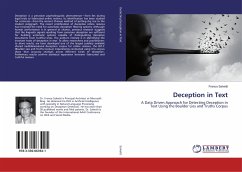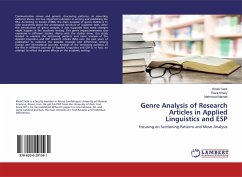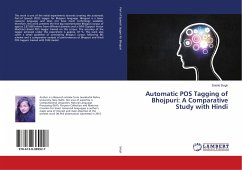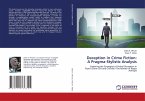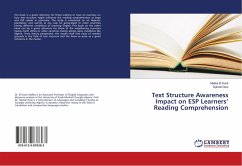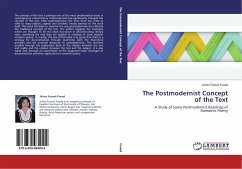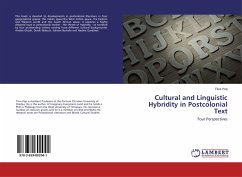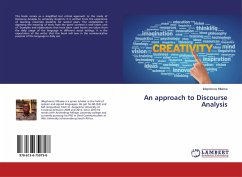Deception is a pervasive psycholinguistic phenomenon-from lies during legal trials to fabricated online reviews. Its identification has been studied for centuries-from the ancient Chinese method of spitting dry rice to the modern polygraph. The recent proliferation of deceptive online reviews has increased the need for automatic deception filtering systems. Although human performance is in general at chance, previous research suggests that the linguistic signals resulting from conscious deception are sufficient for building automatic systems capable of distinguishing deceptive documents from truthful ones. The author's interest is in identifying the invariant traits of deception in text. To allow researchers and practitioners to share results, we have developed one of the largest publicly available shared multidimensional deception corpus for online reviews, the BLT-C (Boulder Lies and Truths Corpus). Experiments conducted using this corpus show that accuracy changes across different kinds of deception. Preliminary results confirm statistical separation between fabricated and truthful reviews.
Bitte wählen Sie Ihr Anliegen aus.
Rechnungen
Retourenschein anfordern
Bestellstatus
Storno

